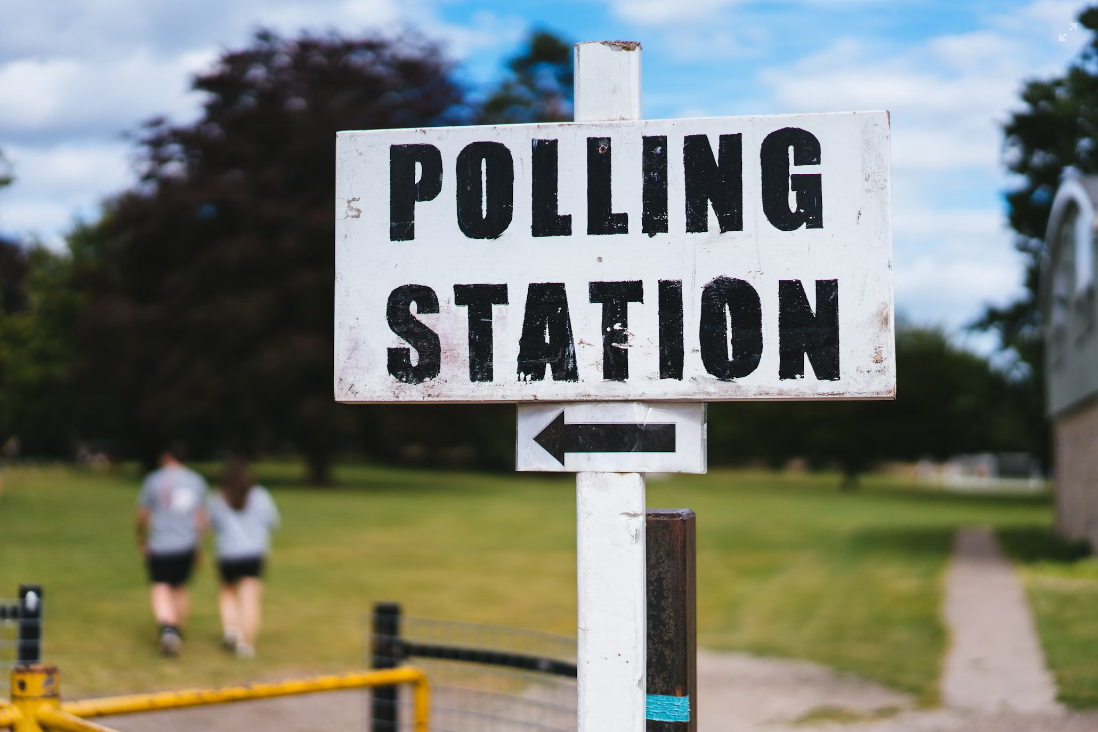A report from the Madison-based The Isthmus indicate that possible voter intimidation is happening in Wisconsin:
An unknown number of Wisconsinites have received texts since Oct. 10 warning that voting in a state where “you’re not eligible” could result in steep fines or prison time.
“WARNING: Violating WI Statutes 12.13 and 6.18 may result in fines up to $10,000 or 3.5 years in prison,” the text reads. “Don’t vote in a state where you’re not eligible.”
Statute 12.13 outlines state definitions of election fraud, and 6.18 stipulates that voters who moved from Wisconsin and are ineligible to vote in their new state, can still vote absentee in a presidential election in Wisconsin up to two years after leaving the state.
In Madison, several voters have complained to the City Clerk’s Office about the text messages, Madison City Clerk Maribeth Witzel-Behl tells Isthmus. One came in person: “Yesterday, a man came into the clerk’s office to let us know that his daughter had received one of these text messages,” says Witzel-Behl. The office has reported the texts to the Dane County District Attorney’s Office, she adds.
It is not known who is behind these texts, how many people might have received them or even how it was done. Lawyers for voting rights groups and election integrity groups are looking into it and requests have been made to both the Wisconsin and United States Departments of Justice to investigate the matter.
No one is willing to come out and definitively call it voter intimidation, but if it looks like a duck, sounds like a duck, and walks like a duck…
It’s unclear who is behind the messages. Isthmus has identified three numbers with the 262 area code — used in southeastern Wisconsin outside of Milwaukee — that have sent such texts to voters. Reverse searches indicate no owner for the phone numbers, and calling the numbers yields an error message. To follow the law, the person or persons sending the messages would need to use peer-to-peer texting, Newcomer says, rather than a mass text: “It’s illegal to send broadcast texts to people who have not subscribed to your program.”
“People took time and energy to put this together, to put it out,” Newcomer adds. She believes the texts were predominantly sent to young people, as that’s who she has heard the most reports from.
Regardless of what state you live in, if you have any doubt whether you are eligible to vote, contact your local election clerk’s office.

